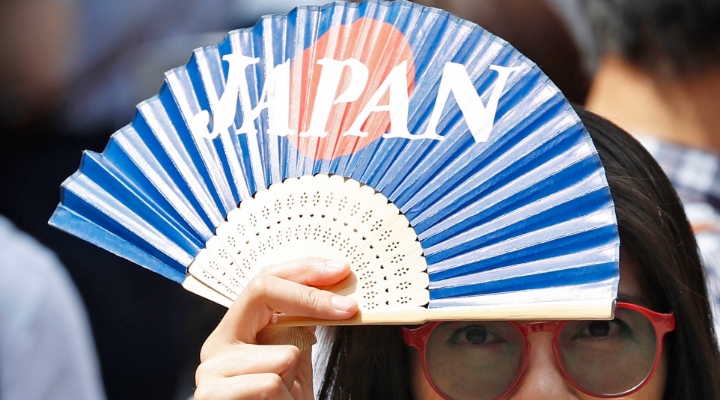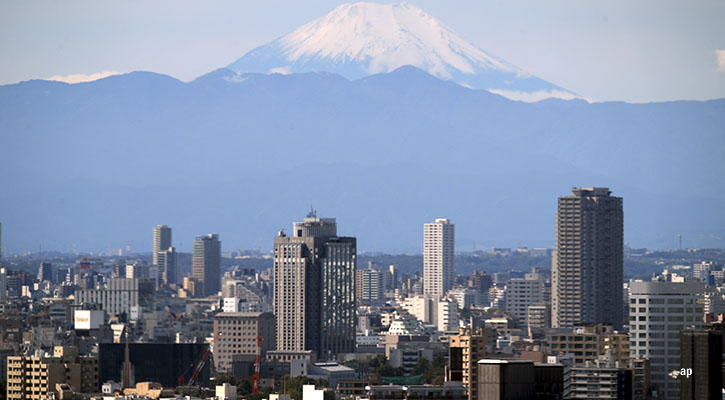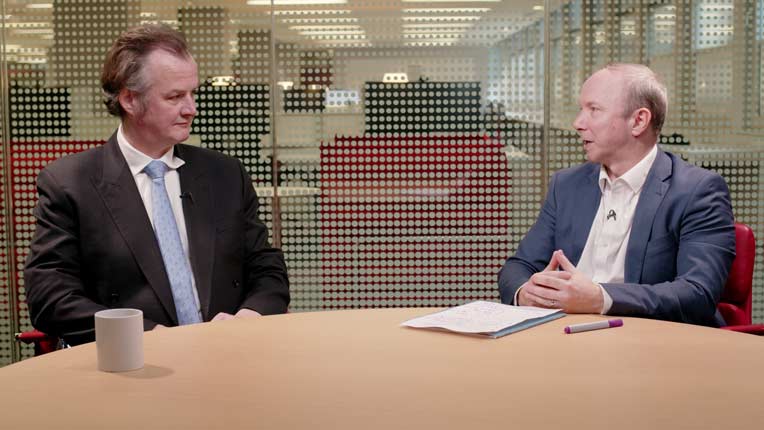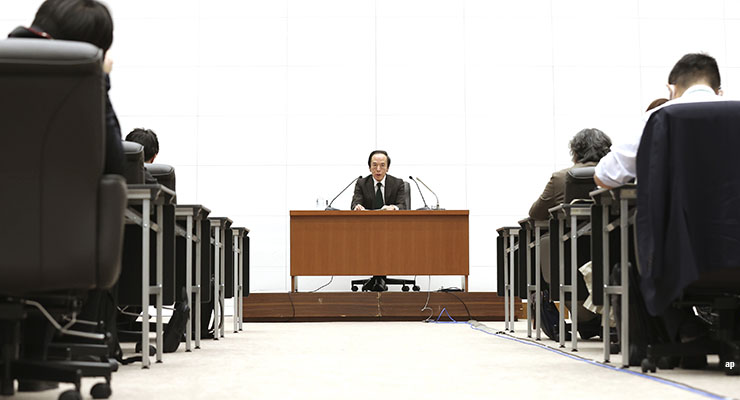The recent stockmarket rebound should therefore be seen as a sign of hope rather than reliable evidence of an imminent recovery. It should not be forgotten that over three, six and 12 months the Tokyo market is the worst performer among leading world stockmarkets.
Investors are currently waiting for the presidential election in the ruling Liberal Demo
cratic Party (LDP) in September since the winner also becomes prime minister. Some say Junichiro Koizumi, the incumbent, may be forced compromise with the anti-reform forces inside the LDP to win, which probably would be negative for Japanese shares. But with enough support from the public and an increasing sense of crisis he could win both the election and a stronger position to speed up the reform process.
Ever since Mr Koizumi was elected in the spring of 2001 he has argued that economic reforms are necessary. But progress has been slow during his first two years in power. Foreign economists agree that Japan cannot return to high growth without substantial changes in both the financial sector and the rest of the economy. However, during the spring of 2003 both the new leadership of the Bank of Japan and the effective nationalisation of Resona, Japan’s fifth largest bank, are signs that the will to reform is still alive.
Political developments are critical for the Tokyo market. The present market level, still at about the same level as in 1983, shows that there are still relatively few optimists around. Investors who expect Mr Koizumi to finally begin the implementation of substantial reforms after the election this autumn are likely to see this as a good buying opportunity.




























